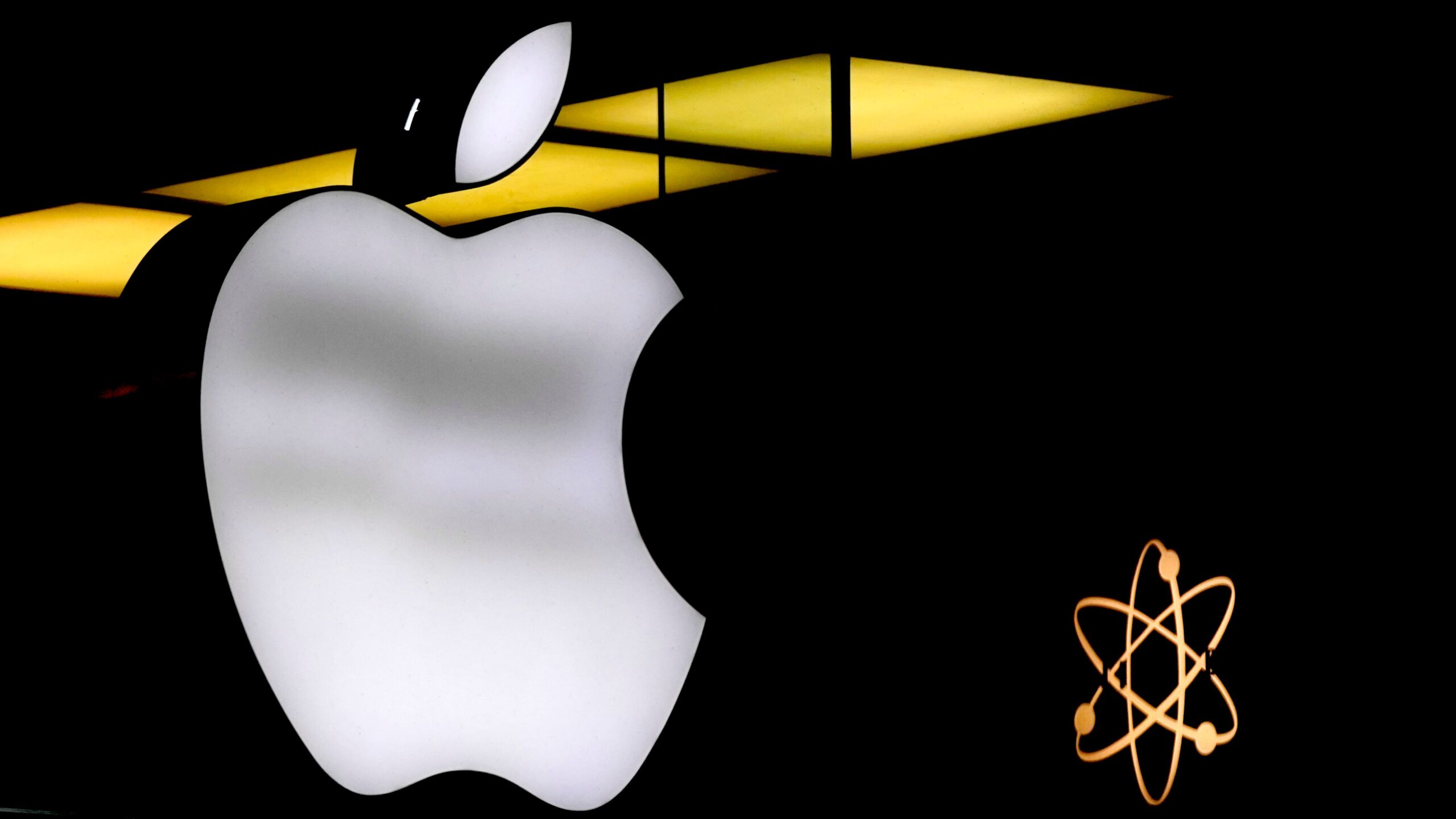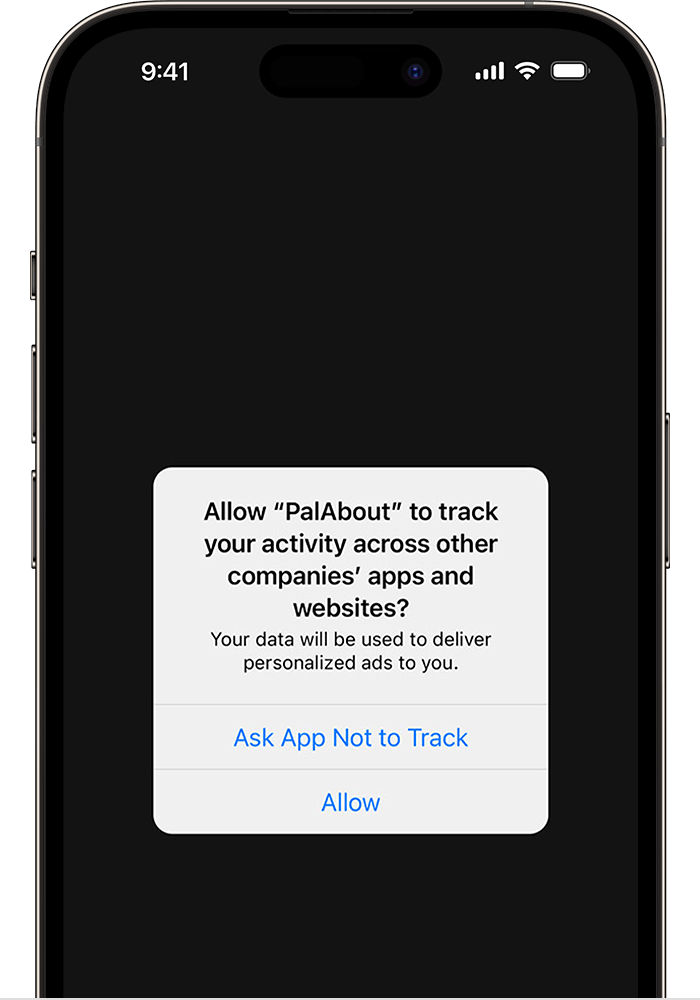Now Reading: Apple Slapped With $162M Fine Over ‘Privacy’ Feature That Shocked Tech World
-
01
Apple Slapped With $162M Fine Over ‘Privacy’ Feature That Shocked Tech World

Apple Slapped With $162M Fine Over ‘Privacy’ Feature That Shocked Tech World
The tech world is reeling after French authorities delivered a massive $162 million slap to Apple over its supposedly user-friendly privacy feature. The bombshell ruling exposes what critics have whispered for years: Apple’s ‘privacy-first’ approach might actually be a clever business strategy disguised as consumer protection.
French antitrust regulators didn’t hold back, declaring Apple’s much-touted App Tracking Transparency (ATT) feature was “neither necessary nor proportionate” to its stated privacy goals. Translation? The tech giant’s been caught playing favorites with its own ad business while making life difficult for everyone else.

The Privacy Feature That’s Causing Global Outrage
Introduced with fanfare in 2021, Apple’s ATT feature presents iPhone and iPad users with popup windows asking if they want to be tracked across other apps and websites. Sounds user-friendly, right? Not so fast, say regulators across Europe.
The French Competition Authority’s investigation revealed a troubling double standard: Apple forces users through an excessive maze of consent windows for third-party apps while making its own tracking systems far less visible. Even more damning, users must opt out twice rather than once to avoid tracking.
This isn’t just a French concern. Authorities in Germany, Italy, Romania, and Poland are conducting their own investigations into Apple’s practices, suggesting this could be just the beginning of Apple’s European regulatory nightmare.
Follow the Money: Who Really Benefits From Apple’s ‘Privacy’ Push
Critics have long suspected Apple’s privacy crusade wasn’t entirely altruistic. The French authority’s findings confirm these suspicions, highlighting how the ATT system conveniently benefits Apple’s own advertising services while restricting competitors’ ability to deliver targeted ads.
Small publishers are particularly devastated by these changes. Many rely heavily on targeted advertising revenue from third-party data collection – revenue that’s plummeted since ATT’s implementation. Meanwhile, Apple’s advertising business has reportedly flourished.

The Punishment: More Than Just a Financial Hit
Beyond the eye-watering €150 million ($162 million) fine, Apple faces a humiliating public admission of wrongdoing. The tech giant must publish the French authority’s decision on its website for seven days – a rare public relations blow for a company obsessed with controlling its image.
While Apple hasn’t yet responded to this ruling, the company has historically defended ATT as an essential privacy protection for users. This defense now rings hollow in light of the detailed regulatory findings about how the system actually operates.
Industry Fallout: Digital Advertising’s New Reality
The digital advertising landscape has been upended since ATT’s introduction. Major platforms including Facebook (now Meta) have reported billions in lost revenue, attributing the losses directly to Apple’s tracking restrictions.
“This ruling validates what many in the industry have been saying from the start,” explains one digital marketing expert. “ATT wasn’t just about privacy – it was about Apple redirecting advertising dollars toward its own services while presenting itself as a consumer champion.”

What Happens Next? The Global Ripple Effect
The French ruling may be just the first domino to fall. With multiple European investigations underway, Apple could face additional fines and forced changes to its privacy features across the continent. The collective penalties could dwarf today’s $162 million fine.
More significantly, this decision could influence how other regions approach tech regulation. US authorities, who have been watching European regulatory efforts closely, might feel emboldened to take similar action against privacy practices that double as competitive advantages.
For everyday iPhone users, the ruling raises uncomfortable questions about how much we can trust Big Tech’s privacy promises. If Apple’s most celebrated privacy feature has been ruled anti-competitive and unnecessarily complicated, what other ‘user protections’ might actually serve corporate interests first?
The Broader Battle: Privacy vs. Competition
This case highlights the complex tension between privacy protection and fair competition in the digital economy. Regulators worldwide are struggling to balance these priorities as tech giants increasingly use privacy concerns as justification for closed ecosystems.
For Apple, which has built much of its recent marketing around privacy as “a fundamental human right,” this ruling strikes at the core of its brand identity. If privacy features are implemented in ways that mainly benefit Apple’s bottom line, the company’s entire positioning comes into question.

The tech world now watches with bated breath to see if Apple will appeal this decision or make substantive changes to ATT. Either way, this watershed moment signals that even the most powerful tech companies can’t use privacy as a shield for anti-competitive behavior – a precedent that could reshape the digital landscape for years to come.










